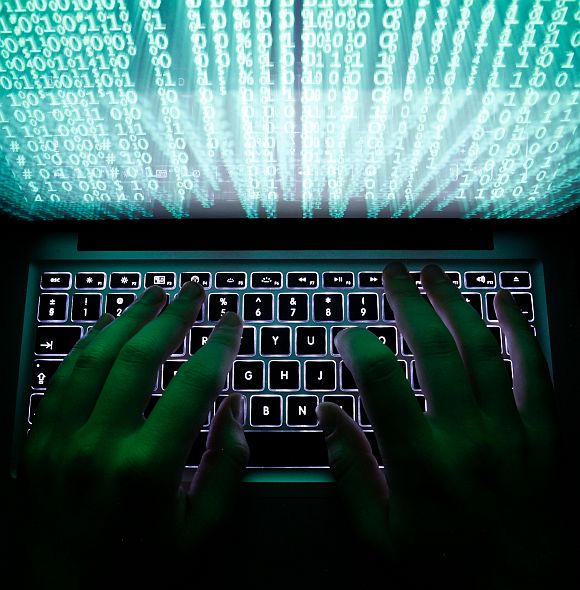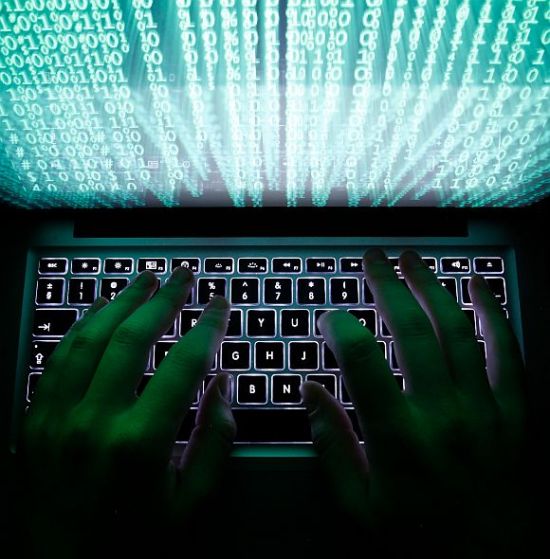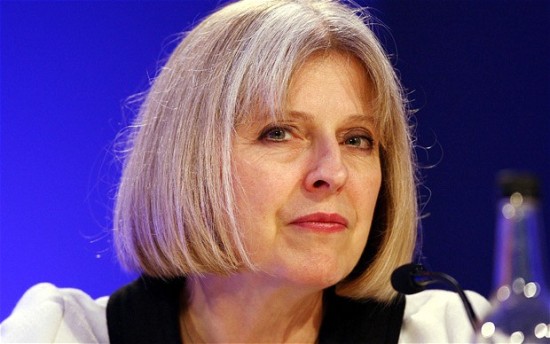Here in the UK the subject of internet legislation is back on the menu in parliament – with home secretary Theresa May proposing a new law which might lead internet service providers to be required to hand over details of the IP addresses being used to cause trouble online.
The new law could mean that ISPs will have to hold onto data on whose IP is responsible for making posts relating to terrorism, or other questionable activities, and the government or law enforcement could be able to request the data to pinpoint the origins of such unwanted posting online.
SEE ALSO: BT Reportedly In Talks To Buy Back O2
Currently ISPs don’t need to hold onto such data, or hand over details, so the changes could make it easier for the police or security services to track criminals as they use the internet.
Speaking to the BBC, Theresa May outlined that the bill was a must to “deal with the increased threat that we now see”.
“This is a step but it doesn’t go all the way to ensuring that we can identify all the people we will need to,” she said, referring to the previously scrapped ‘Communication Data Bill, which the Liberal Democrat party fully opposed and successfully overturned previously.
The bill in question was to have tech companies and websites hold data on communications such as social media, calls and texts, and other online conversations for up to 12 months and release it if required – the bill was panned by critics as a ‘snoopers charter’ and created a controversy in its own right.
The new law proposed by May doesn’t go all the way towards making this kind of data avaliable – but it does come close, meaning the IP address data may be retained for a while by internet sites in case it’s needed. However, IP addresses don’t link directly to people, and can easily be fiddled with or redirected to third party servers through proxies.
SEE ALSO: Must have App for Chelsea and Man City super-fans
If it does go through, the newly proposed law, as part of the Counter-Terrorism and Security Bill, could catch those unaware or foolish enough to not hide their IP in the act, but won’t mean much for those who already cover their tracks online.
The political maneuvering continues, but the chances are that some form of ‘snooping legislation’ may emerge in the midst of high profile accusations against social media sites of negligence in the fight against crime.
Via: BBC
Via: PC World


